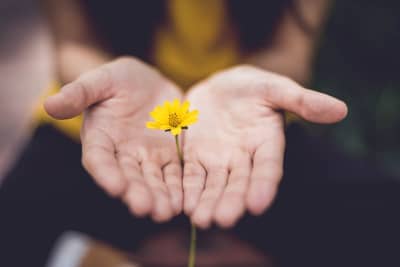You may or may not know that Britain won the 2023 World rubbish collection championships in Japan. Yes Japan! A country which rivals Switzerland for cleanliness. I don’t know what’s funnier, hosting a rubbish collecting competition in a country famous for its cleanliness, or the name of the tournament itself, the Spogomi World Cup.
Japanese words remind me of musical instruments. Take kaizen, ikigai, ishikawa, hara haghu bu, and wabi-sabi, the traditional Japanese philosophies for living a better life.
Kaizen sounds like a breezy saxophone. It is the art of seeking continual improvement, being patient, and persevering in the face of adversity. I am using this philosophy to make peace with the last two years of my life which have revolved around cancer treatments, looking after my mental and physical health, losing my dream job, and being back on the market at the grand old age of 56.
Ikigai (iki = life and gai = worth) is like a guitar string. Finding your ikigai means living in a way that aligns with a) your passions, b) your strengths, and c) what society needs. It is the reason you get up in the morning. Following in the footsteps of the BBC’s Strictly Come Dancing, I joined a salsa class. Unfortunately, after weeks of hopeful anticipation, I realise that the guy I have a crush on only has eyes for the younger, more attractive women in the group, which hurts, but I won’t let it stop me from learning how to salsa.
Ishikawa is the swish swoosh of a tambourine. This Japanese problem-solving tool works by identifying the root causes of a problem. I used it after an unexpectedly huge bathroom repair bill landed on my doorstep at precisely the same time as I had ploughed all my savings into a vacant property during the first lockdown. After drawing my Ishikawa Diagram, I regained control of my senses and the feeling of sheer panic which had been following me around disappeared almost instantly.
Hara haghu bu sounds like a drumbeat. This is my favourite practice. It is the art of eating a) in moderation, b) mindfully, and c) until three-quarters full. I am a big foodie, so I expected this to be difficult, but all I do is leave a little bit of room in my tummy at the end of my meal. I indulge in all my favourite treats, gourmet pizzas, deli pastries, and hot chocolate, but stop just before I start to feel full.
So, probably the most challenging practice to master is the flute-like wabi-sabi. This is the philosophy of embracing imperfection, going with the flow, and accepting what is. I am a control freak by nature, so I imagine it will be on my to-do list for the foreseeable future.
Do you have any rituals or suggestions for overcoming obstacles and living a better life?
Love



Comments
You need to be Logged In and a Moodscope Subscriber to Comment and Read Comments